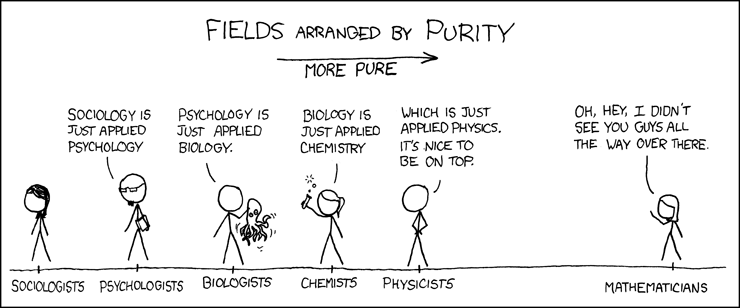So, I'm trying to come up with my own world system where words like(for example): Magic, Alchemy, Sorcery, etc and have a specific meaning. Also being a(n)(for example): Alchemist, Witch, Sorcerer, Gypsy, Pagan, etc are all different things. I'm running the problem that I feel that one thing is not that much different from the other. That they're not that distinct or that they're too alike. Any help or tips that I can make them distinctly different?
For example, magic in my world runs like batteries. A wand or amulet or staff is infused with a magic-source item and when this item runs out of magic, the magic-user resorts to his life-force. They can obtain more wands and the like, though. Of course, they're expensive, especially if a item has more magic energy than the other. Moving on. Sorcerers are people whose magic is genetic. A Witch/warlock is a human who learned the art. But what makes one special from the other? I know I'm supposed to be the one to make the differentiations but I'm stumbling over myself here. A demonesque is someone who hexes other people and "hijacks" their life force for their own magic use. They sell their services to people to make money, usually. "Pay me for a location spell," and the like. Another example of my troubles. For example, a sorcerer casts an invisibility spell over himself. Can't a witch/warlock do that same? Then why are they different at all? Why not sum them up to a different class? Mystics, for example.
Perhaps I'm just looking for variety and lines drawn plainly. I would explain my whole logic and world if not for the fact that it's "under construction." It bothers me (this for example): Let's say we have a person with shapeshifting abilities, which is rare. But we also have a witch that has cast a spell or has an amulet that allows her to do the same thing. Why would the Shapeshifter be so rare if you can achieve the same result with magic?
I don't know if I'm explaining myself right here if at all, but any answers or suggestions or even explanations would be great. At this point, I feel like I'm being extremely anal. I'm trying to put everything in layman terms without launching into three pages of dialogue or writing on "how race is different" or "why and how this works." Simplicity is the best. Thanks.

